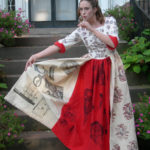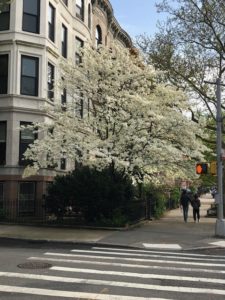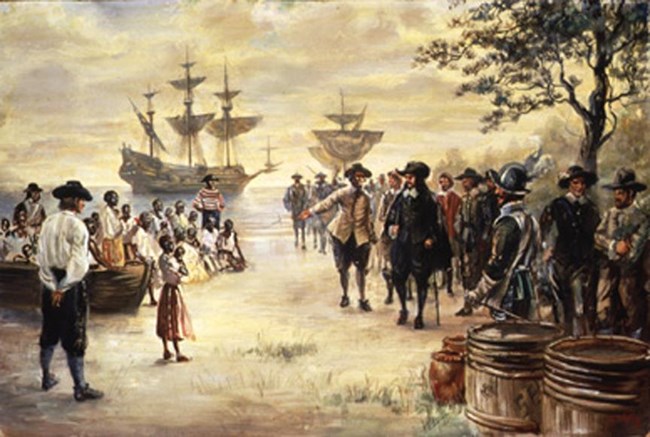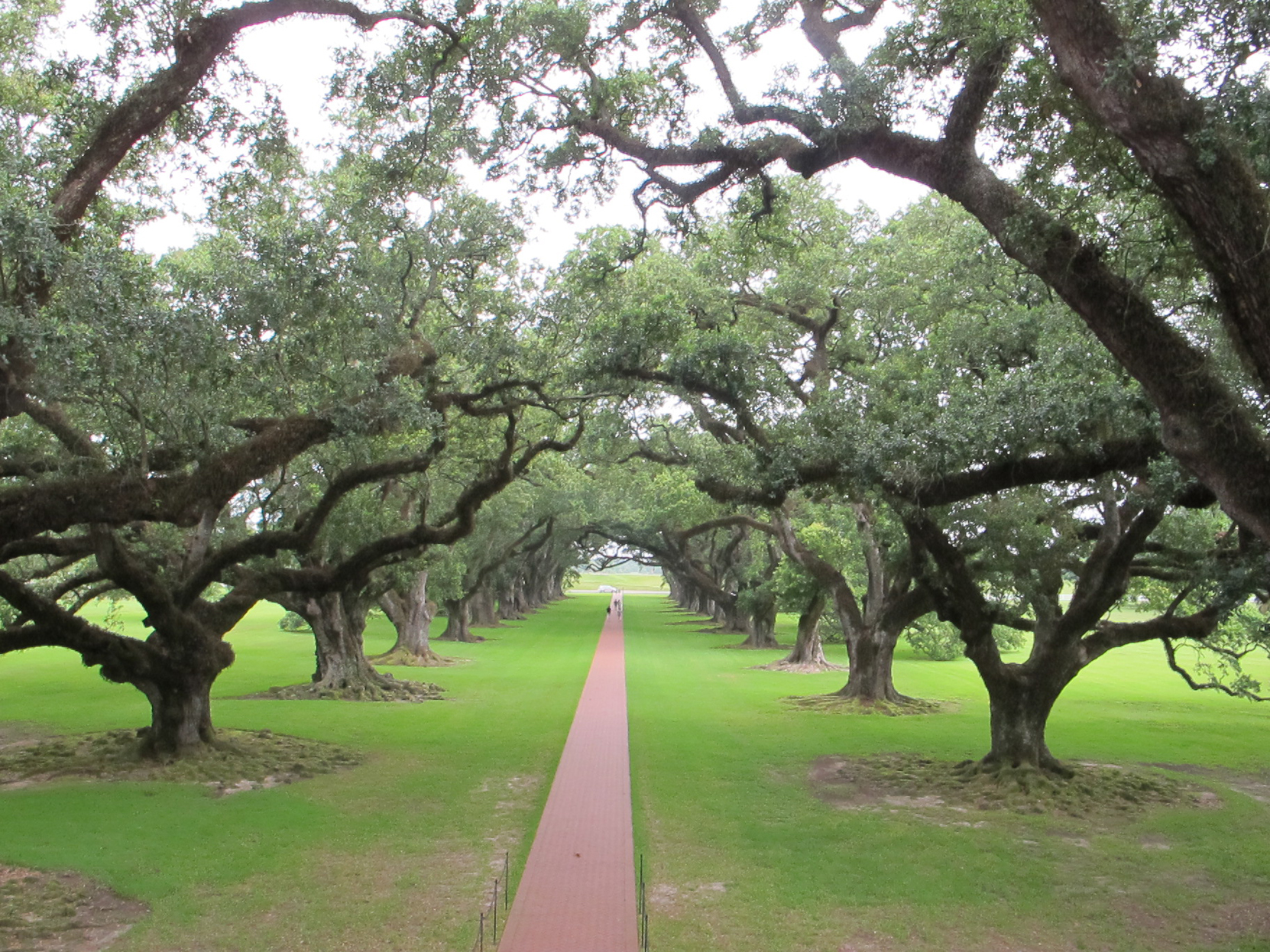‘Open Letters to Bill Maher for Calling Himself a ‘House N-word’ from 2 Women: 1 Black, 1 White’ sprang from conversations between two friends, Sylvia Wong Lewis and Elizabeth Sturges Llerena. Both are active in Coming to the Table, a national community organization that helps those who acknowledge and seek healing from racism, as caused by the traumas as a result of slavery. Elizabeth and Sylvia have co-facilitated numerous community conversations about history, racism, and slavery.

Dear Bill, Your heart may be in the right place. But your mouth isn’t. It’s been a few months since you called yourself a ‘House-N#@*&+*.’ I’m still upset. That’s why I’m writing an open letter to you. Your apologies were not heartfelt. You recently ranted new racial slurs about Asians and Muslims. You totally missed all of your teachable moments.
Here are some ideas that might help. Try mindfulness therapy to control your racist outbursts. While racism may not be curable, you will learn to manage your hurtful words. To continue your healing journey, you should do something big. How about a public penance for your offenses? Start with an ‘Anti-Racism Million White Men’s March’!
And let’s not get it twisted. You must lead your brethren through the streets. Your protest signs must list at least 30 male privileges that need to be protested. Click here for a link to a male privilege checklist.
Show the world that you guys mean business. Make amends for your hasty ways. I have seen you take the heat for things you’ve said from Black news show hosts. You are one of the few White guys who will actually show up for difficult conversations. But talk is cheap. Let’s see some action.
Bill, if you tried, you could become a great role model. So, what do you say? Seize the time! Take the white male lead in the anti-racism movement! I believe you can do this. Leverage your celebrity platform to liberate your people from incredible stupidity, racism, sexism, anti-immigrant and anti-Muslim feelings, and other male privileges.
The world will take notice of these important issues in a new way, when you take hold of them! All you need to do is band together like real brothers.
What’s in it for you? You would be able to say: ‘I finally did the right thing.’ Some may even turn green with envy. They might say: “Bill Maher stole my idea!” There are many well-meaning white men out there waiting for a nudge. And you might be the only one brazen enough to do this. In the meanwhile, stop using the N-word. Don’t justify it. You have better words to use.
Sincerely,
Sylvia Wong Lewis,
Chef/Journalist

Dear Bill, I recently watched your interviews with Micheal Eric Dyson and Ice Cube. I felt for you. I’m white, and those moments are always uncomfortable, even out of the spotlight. I commend you for inviting public conversation the way you did. It is tremendously difficult for most white men I know to show up for these conversations. I appreciate your leadership in that sense.
But for white people, unless we make an effort to thoroughly examine our attitudes about race and racism, those “embarrassing mistakes” are always lurking and will come out sooner or later, always at the immediate expense of People of Color. It’s only a matter of time.
I was asked to seriously examine my own white privilege in 1998 when my cousin told me that our Rhode Island family had enslaved and brought over 10,000 Africans to the Americas, more than any other family in US history. She invited me to participate in what became the PBS documentary Traces of the Trade. Since then, I have had many moments where People of Color and African Americans have called me or other white people out on our racist behaviors. When that happens, I always feel a clenching in my throat and chest and a sweat beginning to break. I would love nothing more in those moments than to say “ ‘But…’ ‘I didn’t mean to…(Really I didn’t!)’ ‘ It was just an innocent mistake…’ ‘It’s because of…’.” The list goes on and on of what I could say to get out of that tight spot.

Thankfully, I have learned to zip my lips, keep my ears open, and ride that wave of nasty discomfort. I have learned this in situations and spaces where people listen to each other with the intention of repairing the immense damage caused by slavery and its aftermath, such as Coming To The Table, a multiracial organization dedicated to healing from the legacies of slavery.
As I said before, I get that you did not premeditate or intend harm with your ‘house nigger’ comment, but as the host on your own show, neither did you embrace that made-much-of “teachable moment.”
Here’s why: You indulged in the privilege of excuses – “It was a mistake.” “I’m sorry.” “It’s because I’m a comedian.” You tried several times to interrupt them. Furthermore, although at that point you had already publicly apologized, you still felt entitled to reiterate that you already knew their points about white privilege and its destructive effects. In the end, I felt I was watching a sad and familiar pattern as your guests politely let you off the hook, an invitation we are often too eager to accept from People of Color, kind of like Obama’s beer on the White House lawn.
Now a powerful way to use your platform would be to be open and transparent about how all of this has made you feel. Without apology and without defensiveness. That is what is missing. I know that’s hard, and probably doesn’t sell well. It might not make for a funny or even profitable evening. Some folks will get pretty angry. But a powerful white man modelling how to shut up and really listen could teach how we begin forming honest and transformational relationships with People of Color.
How much would you really stand to lose, and how much could we all gain?
Sincerely,
Elizabeth Sturges Llerena
Artist/Educator
Elizabeth shares the back story about her art work in photo below called ‘What’s Hidden Below.’

What’s Hidden Underneath is based on my experience as a white North American whose generation is the first to break our family’s collective silence about slave traders in the family. The pattern on the outer part of the dress is based on a 19th century textile design entitled Cotton Printed With a Portrait of a Military Hero, however the portrait in the design is a portrait of my ancestor, James DeWolf, who in his lifetime and in the popular mythology of my family and childhood community, was considered an upstanding citizen; a successful businessman and a “hero” of sorts. If we pull back the front panels of the skirt we see images of a DeWolf ship, Cape Coast Castle, a slave fort in Ghana frequented by DeWolf ships, and the tools of torture that were used to enslave people in Ghana, Cuba and New England as well as the Southern states.
The truth is that the DeWolfs were the largest slave trading family in the history of the United States. Bristol, Rhode Island my childhood home, is where the DeWolfs resided and made their fortune. Bristol is a beautiful town. To this day, its overwhelmingly white residents comfortably enjoy its beauty while refusing to acknowledge its true history, where the economy once relied almost exclusively on the horrific and brutal Triangle Trade.
This piece is meant to reveal what is hidden underneath white over-privilege in America. On the part of the dress that can only be partially seen are images of living, passed, young, old, famous and not-so-famous African Americans and other people of color representing the legacy of slavery which still renders people of color invisible or only partially visible on so much of white America’s radar screen.
Save
Save







